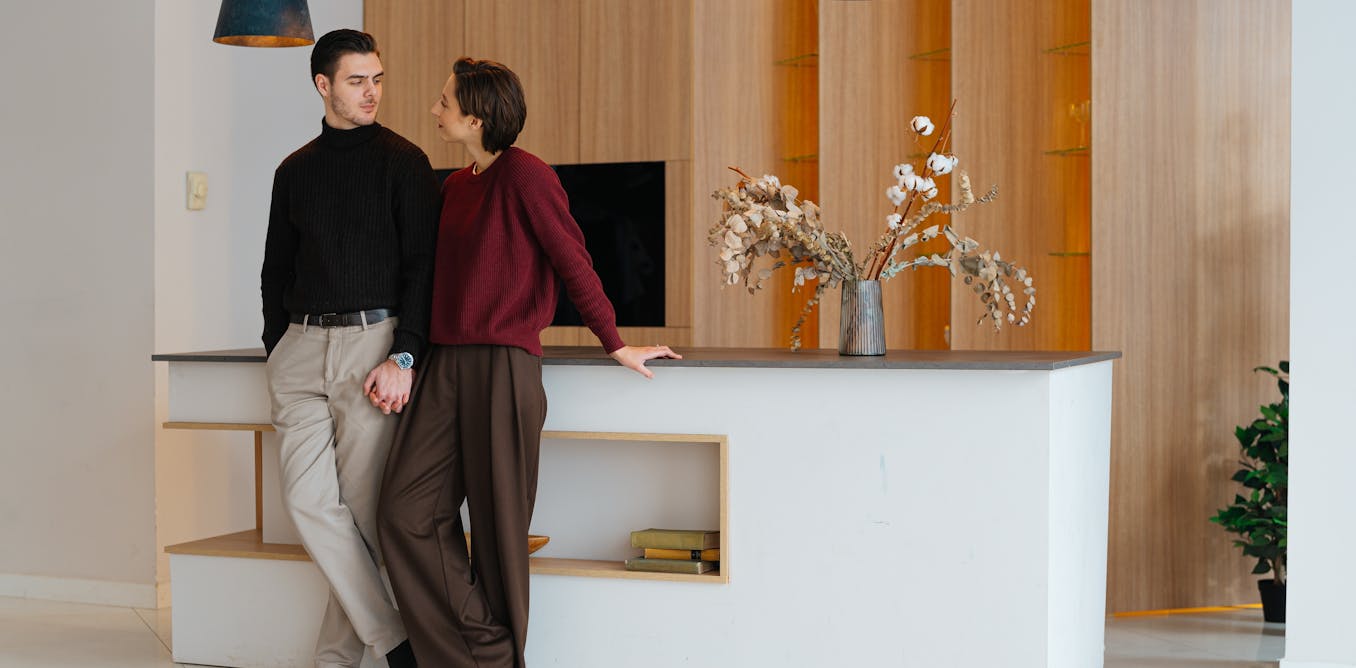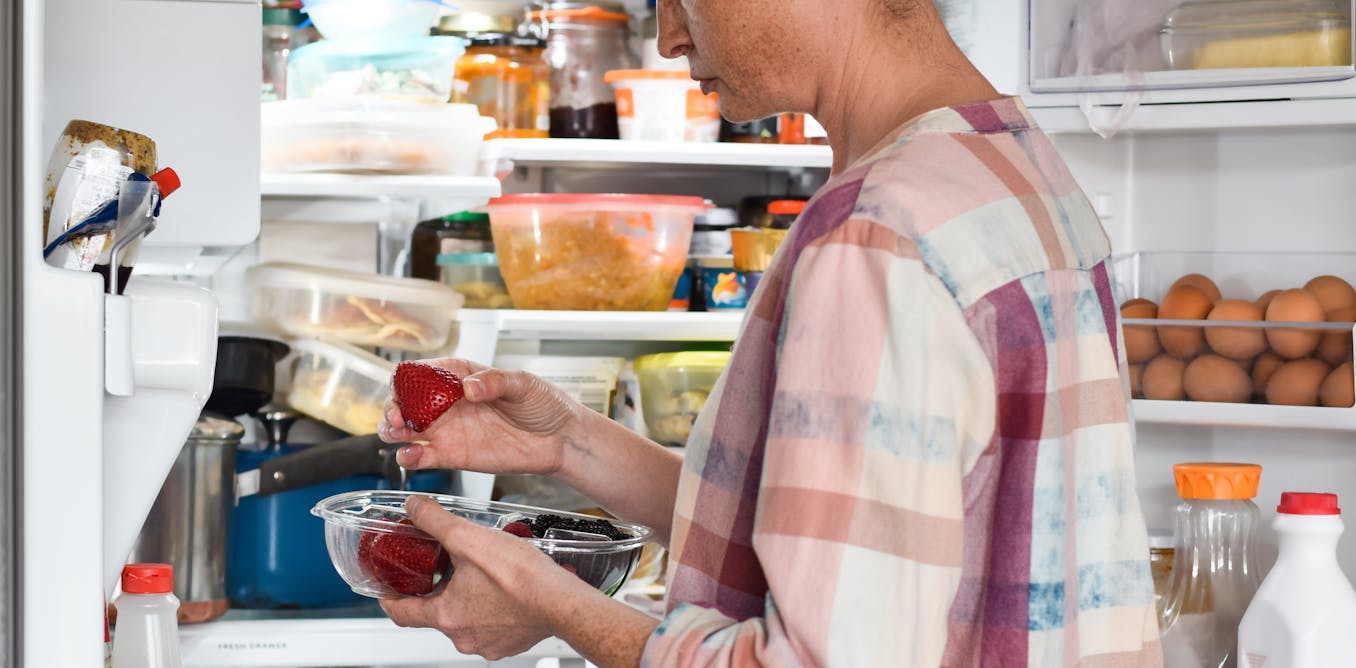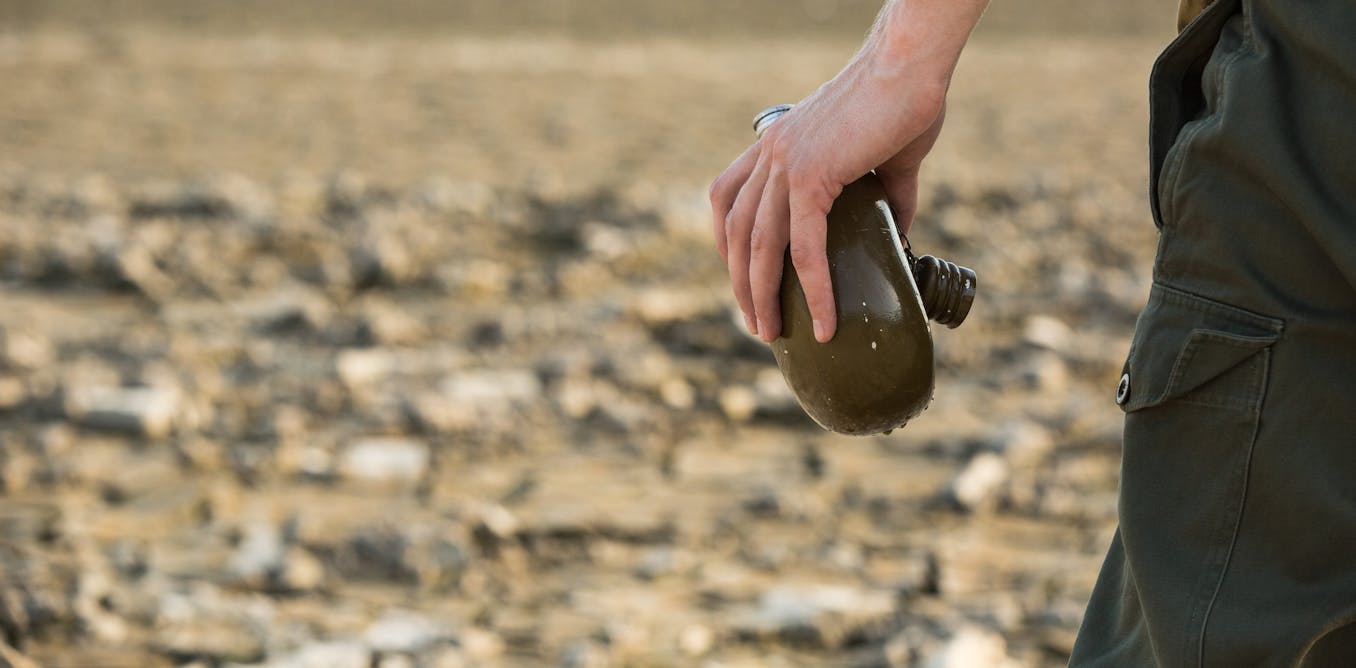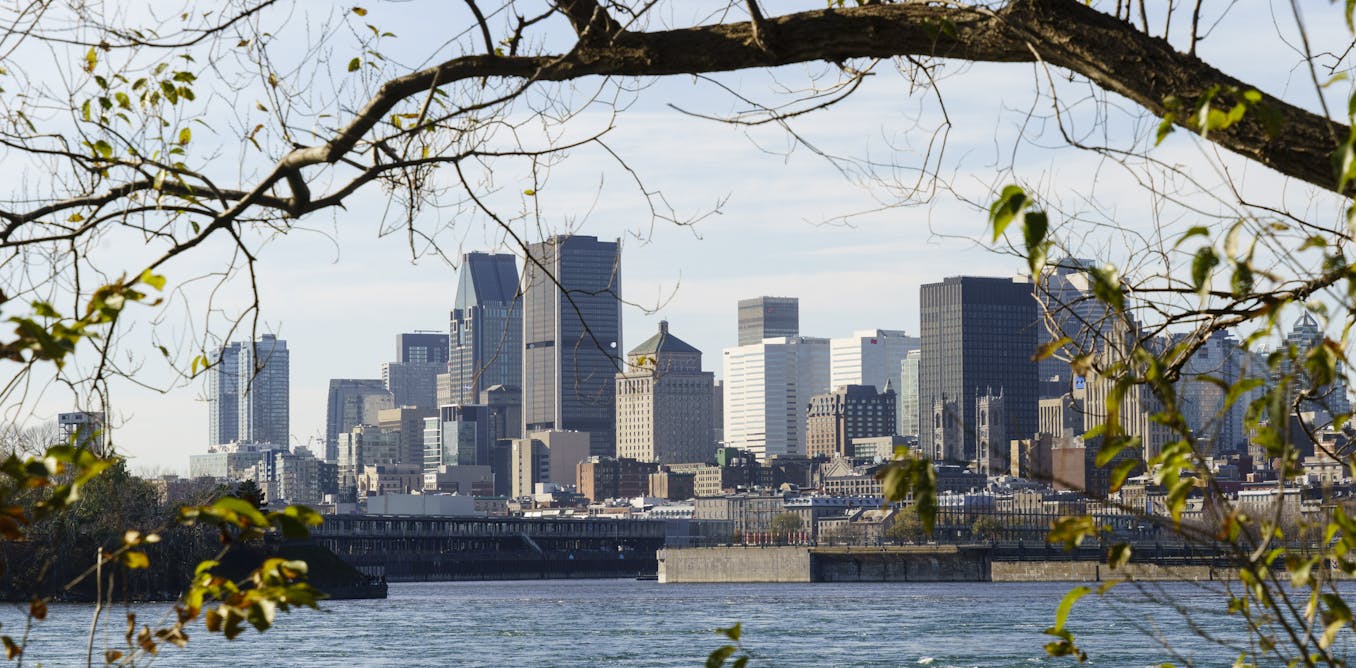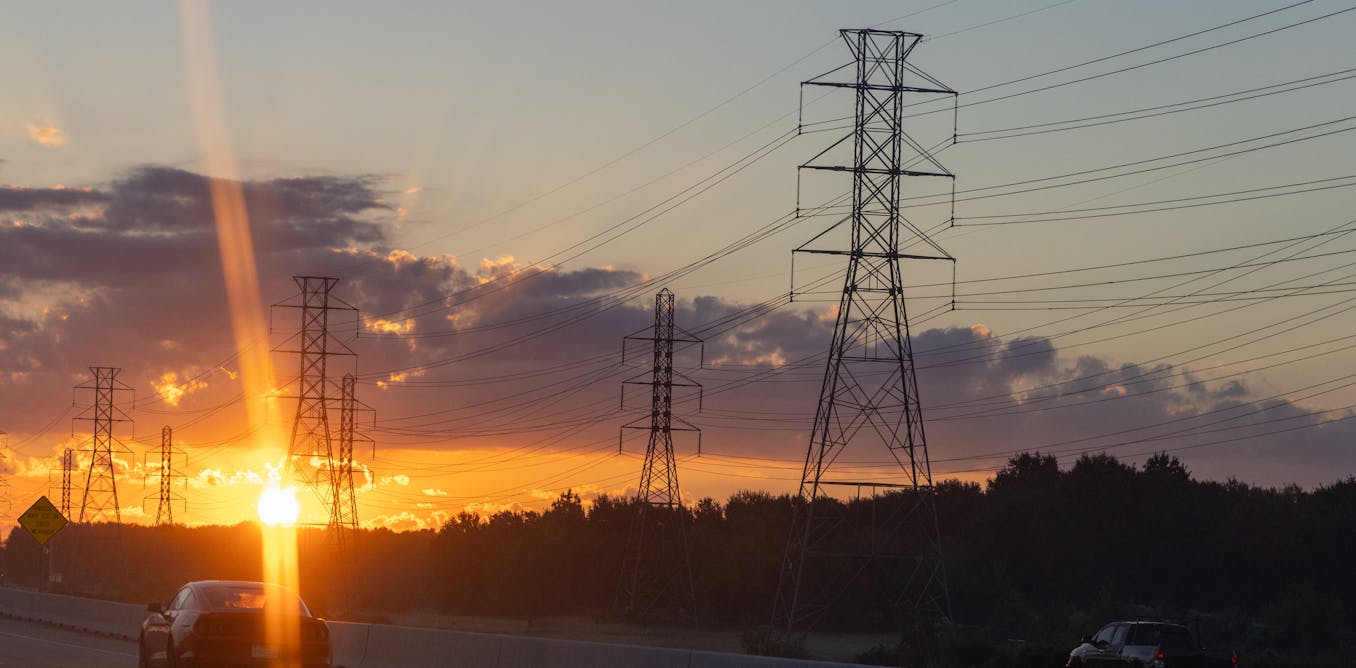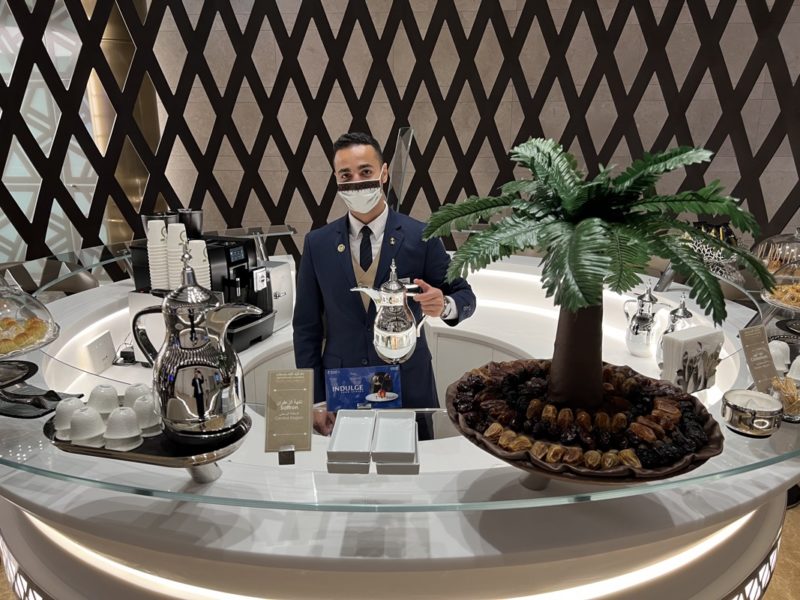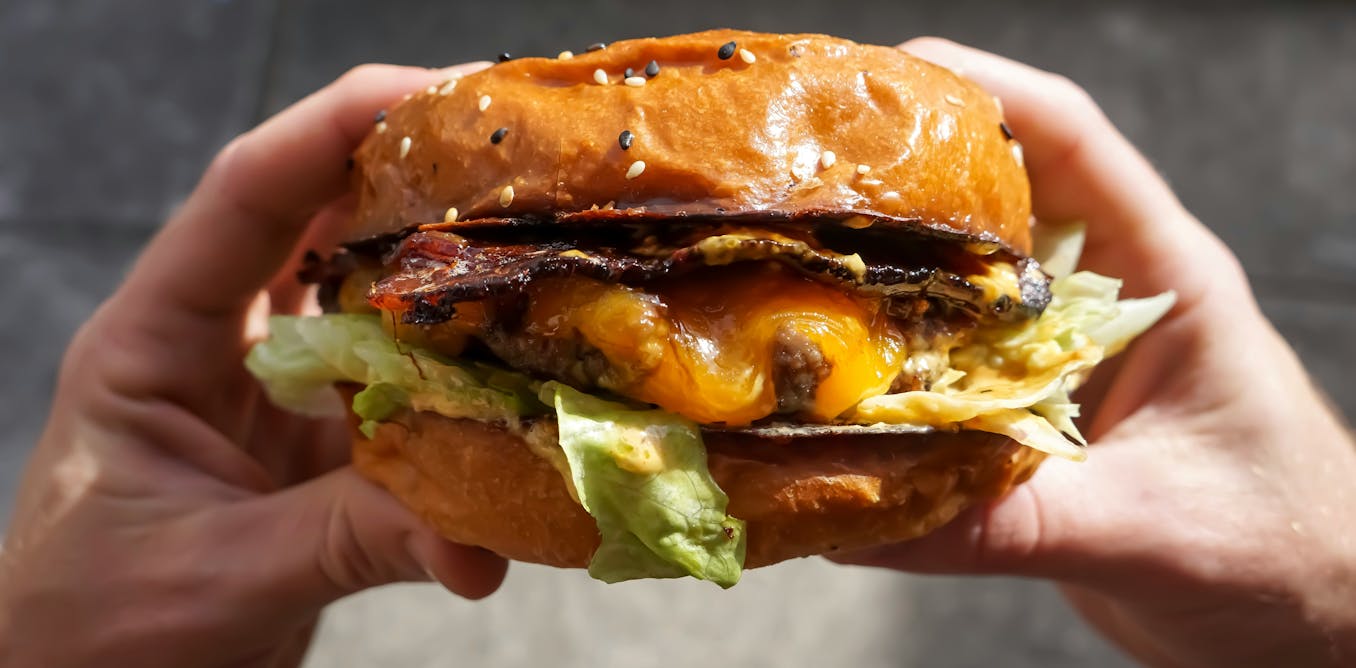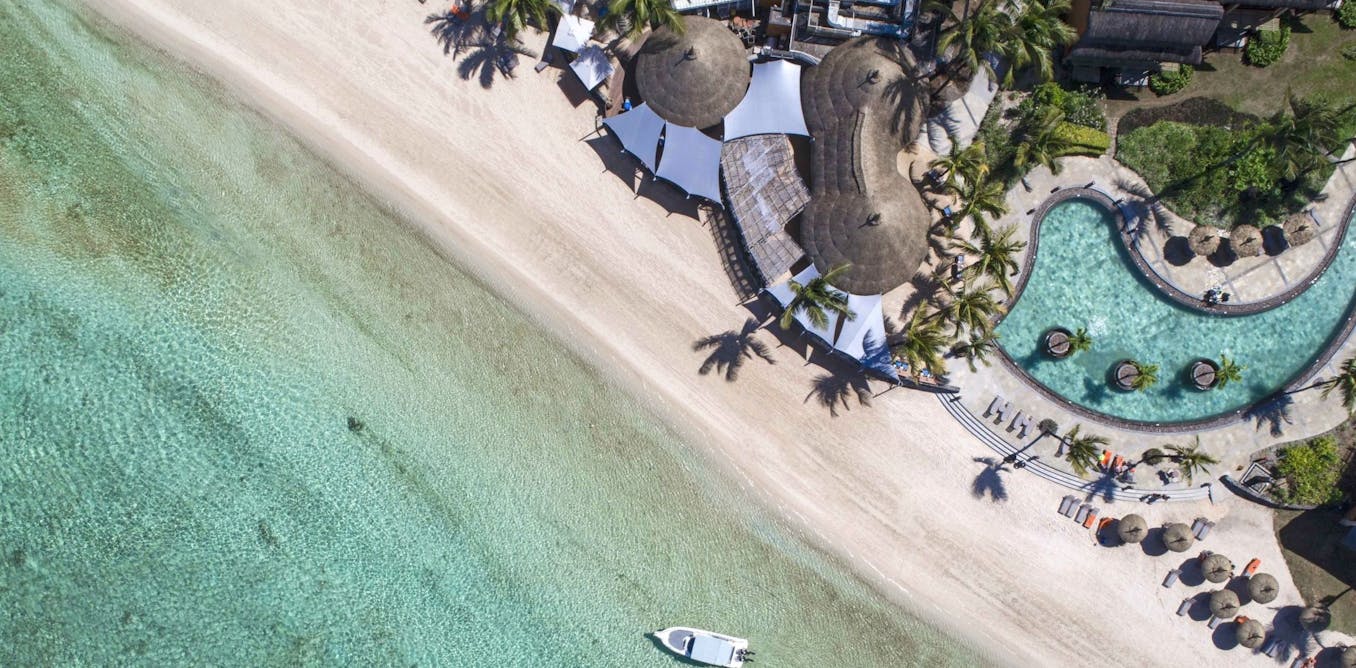In this article, we list airlines that are totally dry, offer alcohol on some of their flights and those have a “bring your own” policy.
This article is extracted from BusinessClass.com
Saudia
Saudia operates a variety of aircraft and offers both First and Business Class seating on certain flights.
They offer four distinct menus depending on the destination of the flights, Europe, Asia, Americas or Middle East. The drinks menu includes a number of luxury non-alcoholic beverages which are offered along with a four-course dinner menu that can feature caviar. Mocktails are available on request.
All meat is, of course, halal. In line with the regulations of Saudi Arabia, there is a prohibition on bringing any alcohol onto the flight.
Royal Brunei Airlines
The Sultan has made sure that the nation’s airline is a competitive choice against other premier operators. In line with the philosophy of the country, this airline allows Non-Muslim passengers to bring their own alcohol on board, and will serve it to you in support of the award winning menus. You may also bring alcohol into the country for your own consumption, the allowance is two litres of spirits or wine.
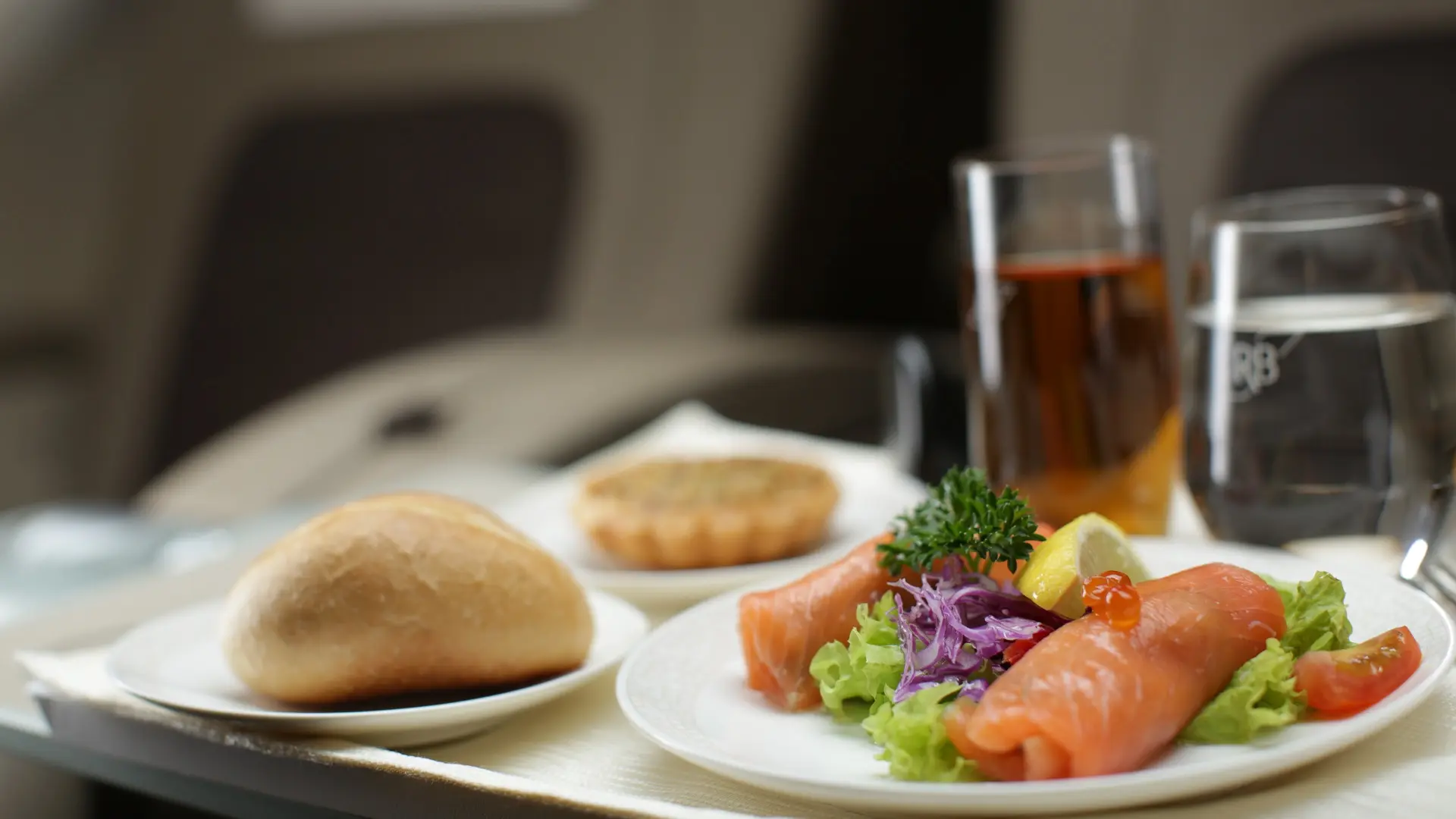
Kuwait Airways
In line with its neighbour Saudi Arabia, Kuwait is another dry country and its flag carrier does not allow alcohol on board.
The Business Class seating is of a good standard and the menus are varied. On taking your seat you are offered a small welcome cup of Arabic coffee. The drinks menu offers a reasonably good selection of juices and sodas as well as promoting their coffee as ‘freshly brewed’.
Despite Kuwait Airways official policy, some passengers have reported that they have been allowed to be served from a bottle they have bought on board (interestingly the drinks menu offers ginger ale but not tonic) but the border control confiscates any bottles found in luggage on arrival.
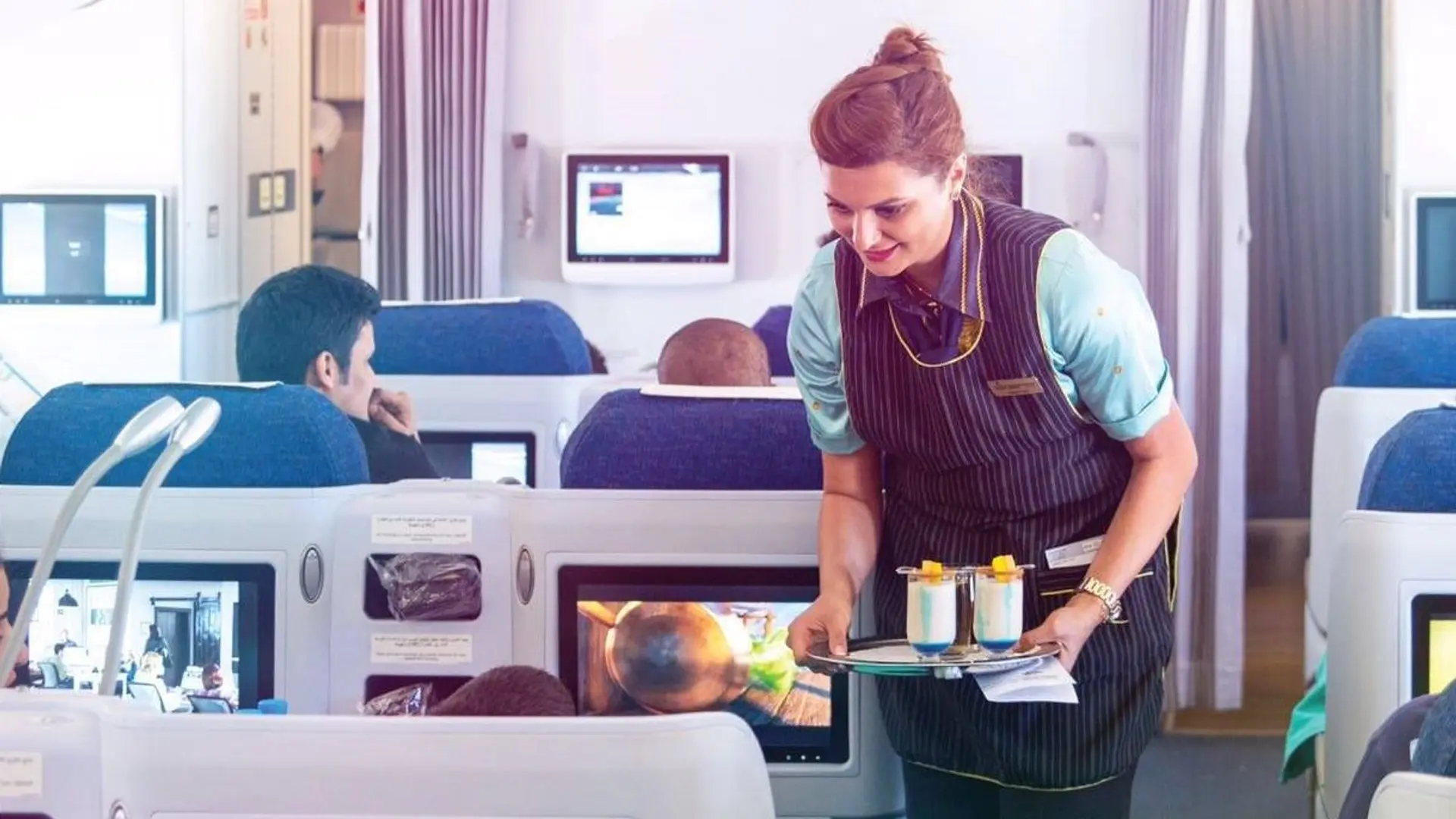
Egyptair
Although alcohol is freely available in Egypt and at Cairo airport, perversely this airline does not offer alcoholic beverages on board, but they, like Royal Brunei should serve you what you bring along.
Some passengers report that they have been denied this service and Egypt Air have suggested that this may be so that offence is not given to other passengers sitting close by. The airline offers a choice of fresh juice options when you take your seat. Seating in Business Class depends on aircraft type and is best on the new Boeing 787-9 with a 1-2-1 herringbone configuration.
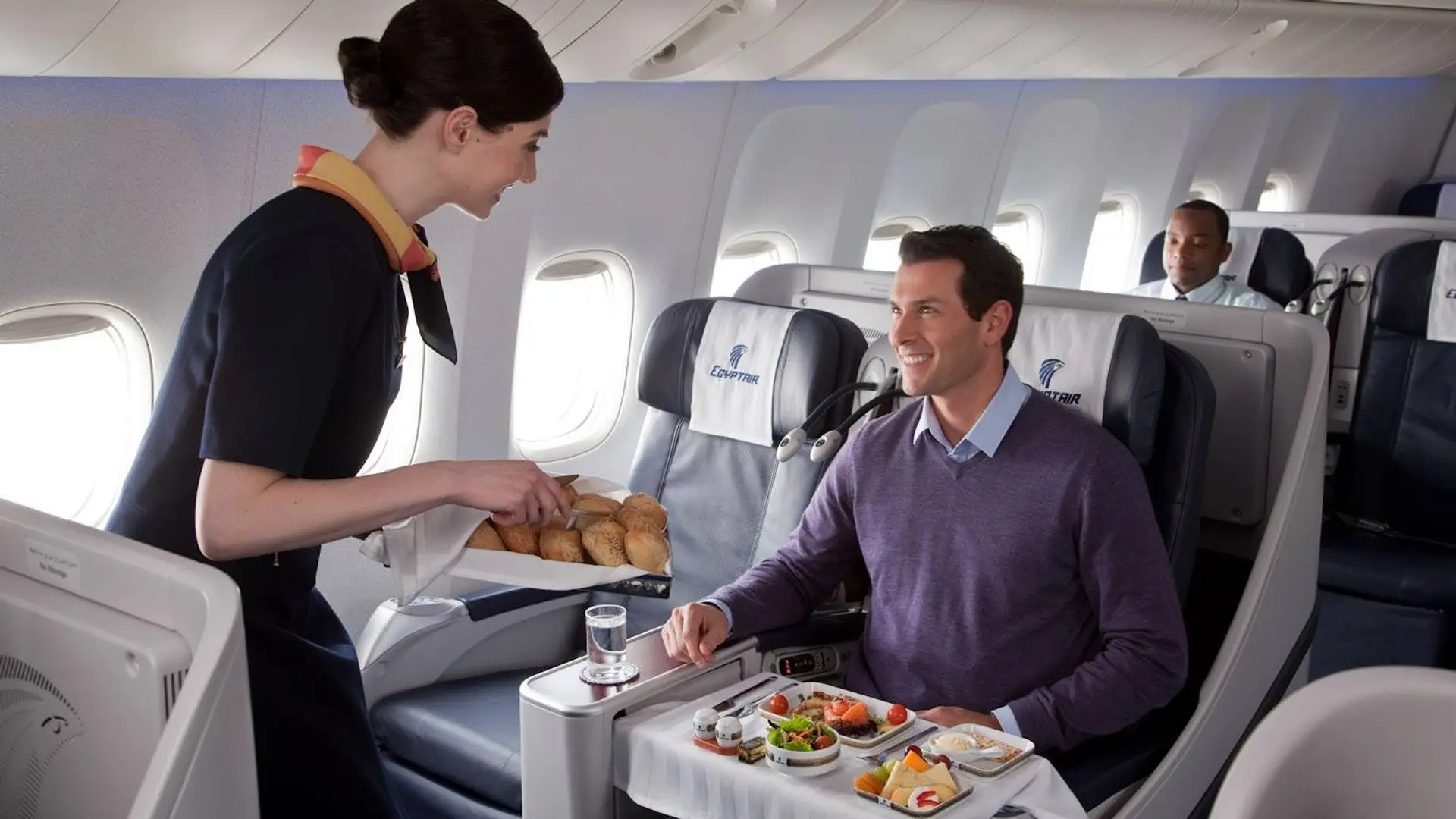
Iran Air
Iran Air has a comfortable Business Class (Homa Class) with seating generously laid out with four seats across the cabin. The soft drinks available are generally standard fare. Flight schedules are limited to most European destinations. Meals are served on trays and the menus are focused on Iranian cuisine. Absolutely no alcohol is allowed on board and cannot be imported.
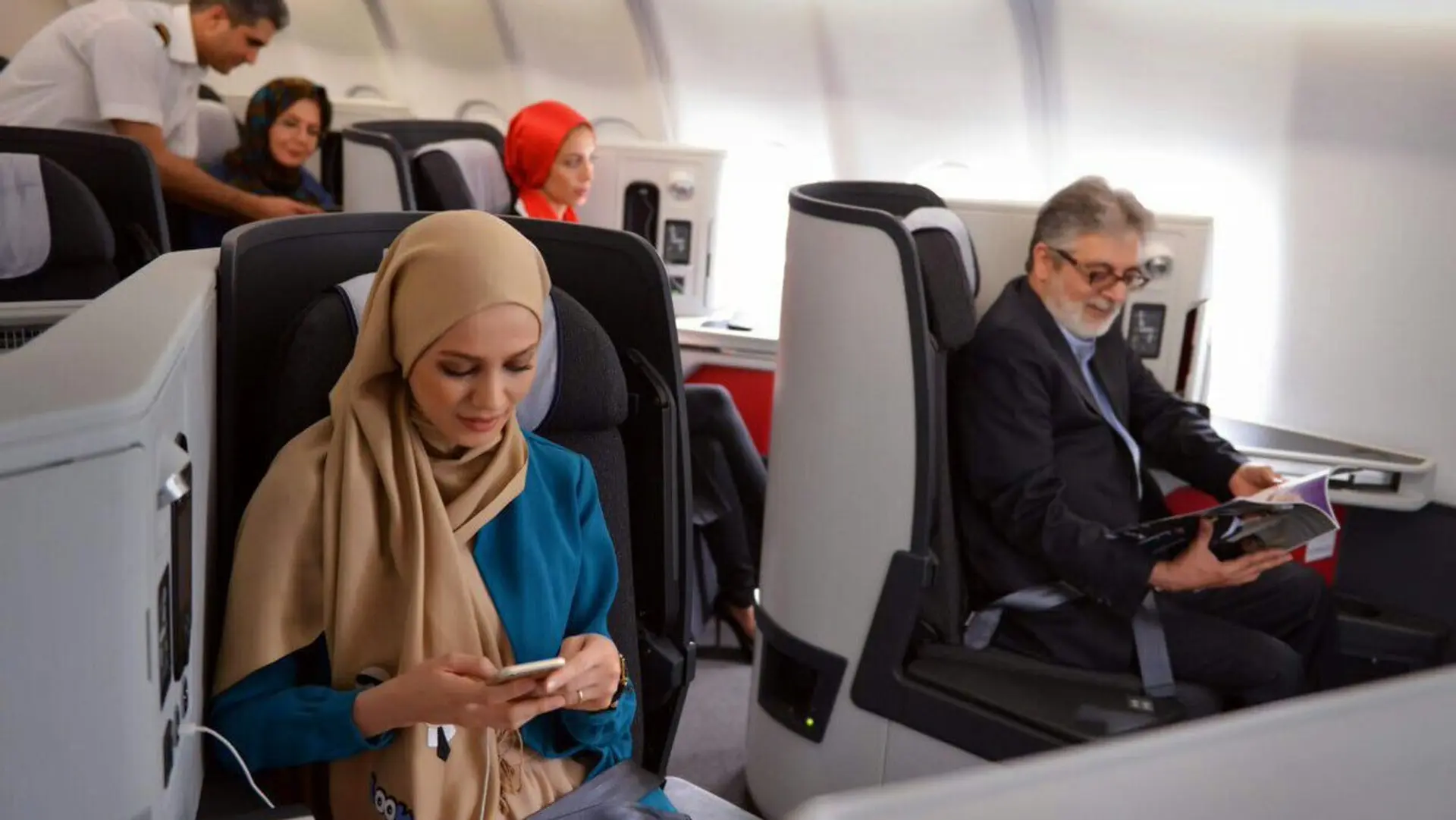
Mahan Air
Business Class fliers report that there is a good selection of on board soft drinks and the welcome drink is served with warm nuts. Other customer reviews comment positively on the menus that are served.
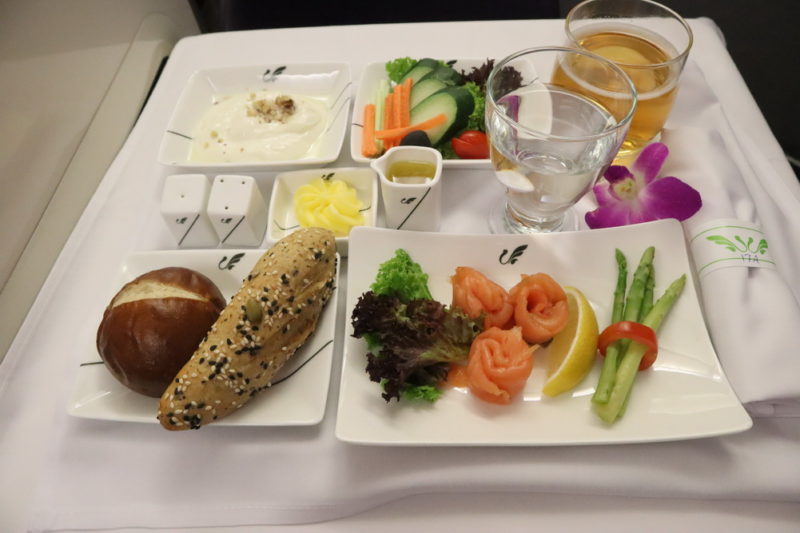
Pakistan International Airways (PIA)
Alcohol used to be served on this airline up until the 1970s but in line with the change of regulations in Pakistan as a ‘nod’ to Islam, the flag carrier now prohibits any alcohol on board. However, non-Muslims may be permitted to bring in a bottle in hold luggage and may be served liquor in up-market hotels or private homes. PIA had a fine reputation over the years which some commentators say has been diminished by this new rule.

Biman Bangladesh Airlines
No alcohol served here either, but drink is available for non-Muslims in Dhaka. It has not been possible to establish if the airline will serve you if you bring a bottle on board, however items purchased from the airport shops will be allowed on the aircraft.
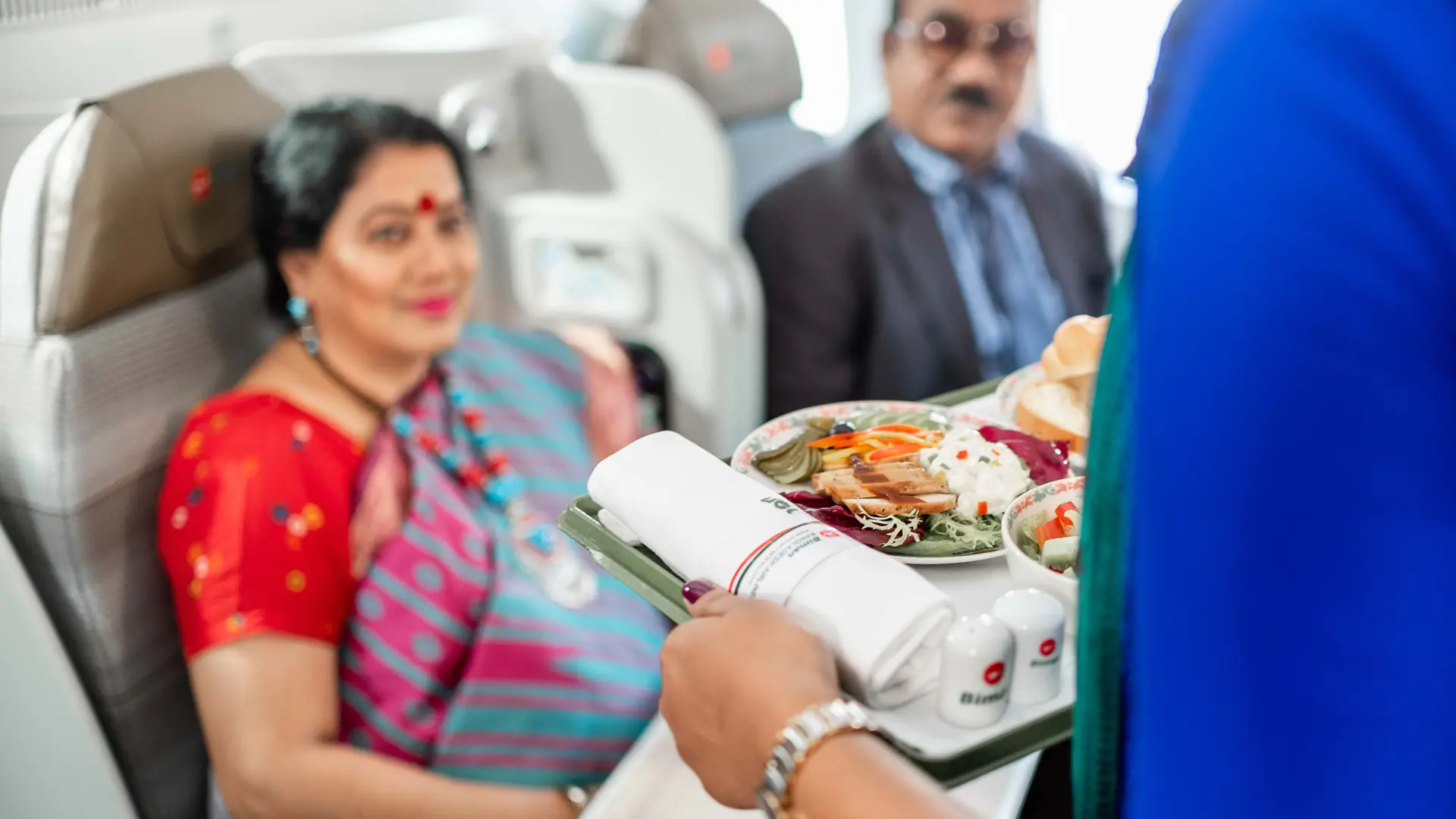
Afriqiyah International Airways
This little-known airline is the flag carrier for Libya and operates flights mainly to continental Africa and Turkey from its hub Tripoli. Tripoli airport is now currently open but has been subject to closure due to the unrest in the country. In line with the Islamic state of Libya alcohol is banned on board.
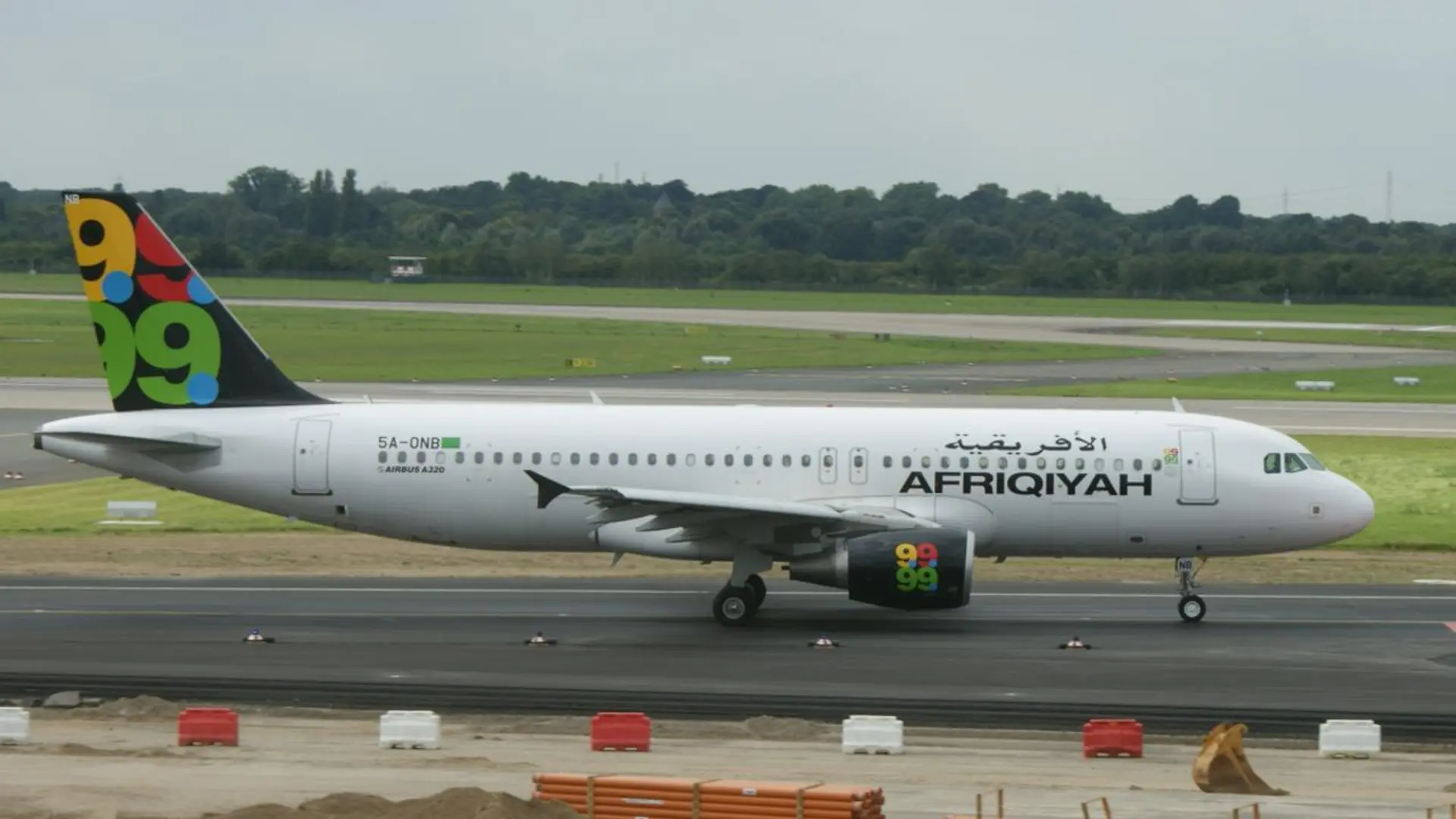
Air Arabia
This airline is a low-cost budget operator with hubs in Morocco, Egypt and the UAE. Its website states, ‘Smoking and alcohol are not permitted on board’.
Passengers will be allowed to carry bottles in their hold luggage but considering that all the hubs it uses have alcohol available from Duty free shops, passengers can put purchases in their hand baggage if packaging remains sealed during the flight.
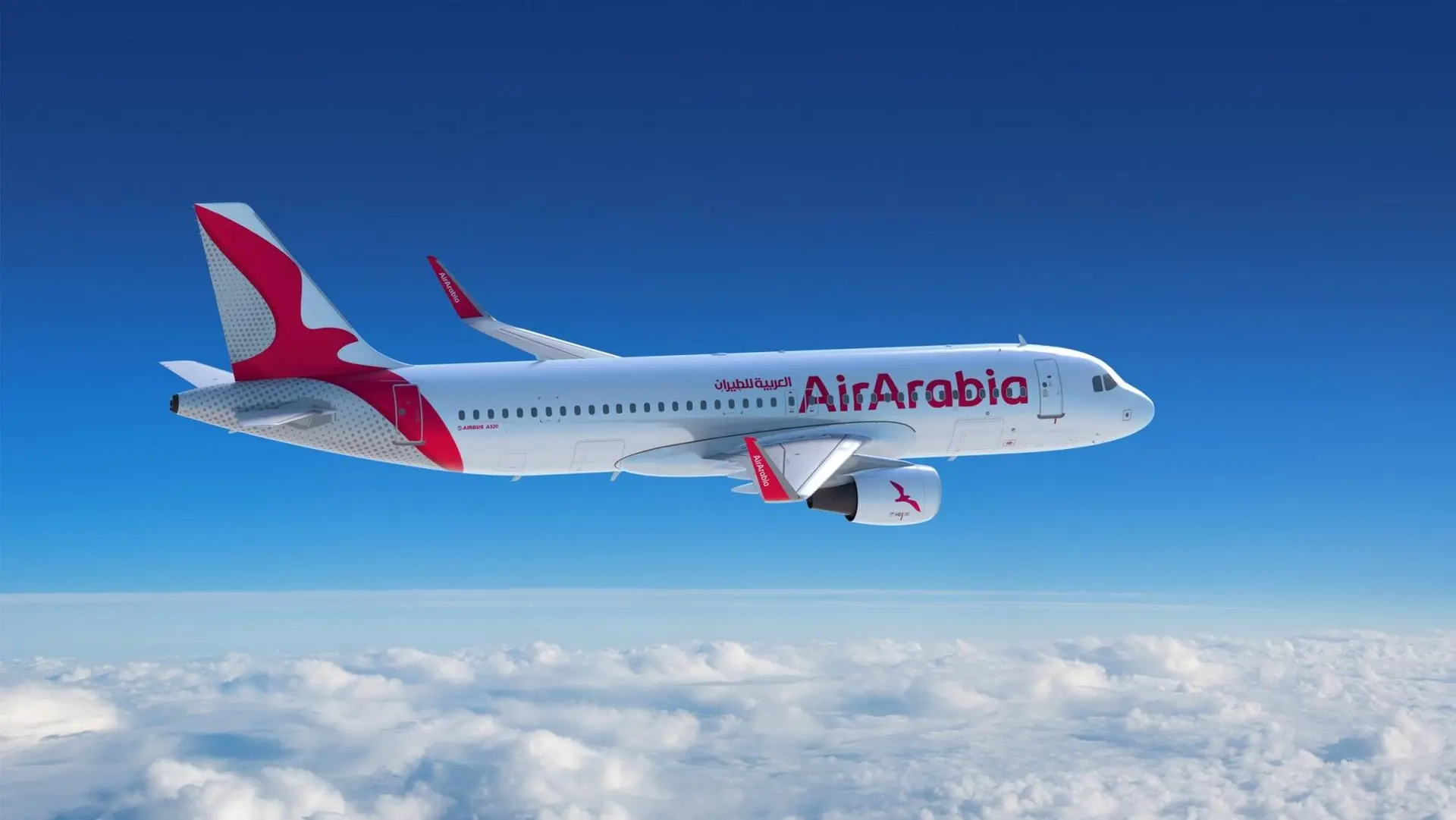
Jazeera Airways
This is a new airline operating from Kuwait where they now have their own terminal. Designed as a budget airline they do offer a limited number of Premium seats allow a greater leg room and pitch. The airline allows passengers to take alcohol on board but they will not serve it.
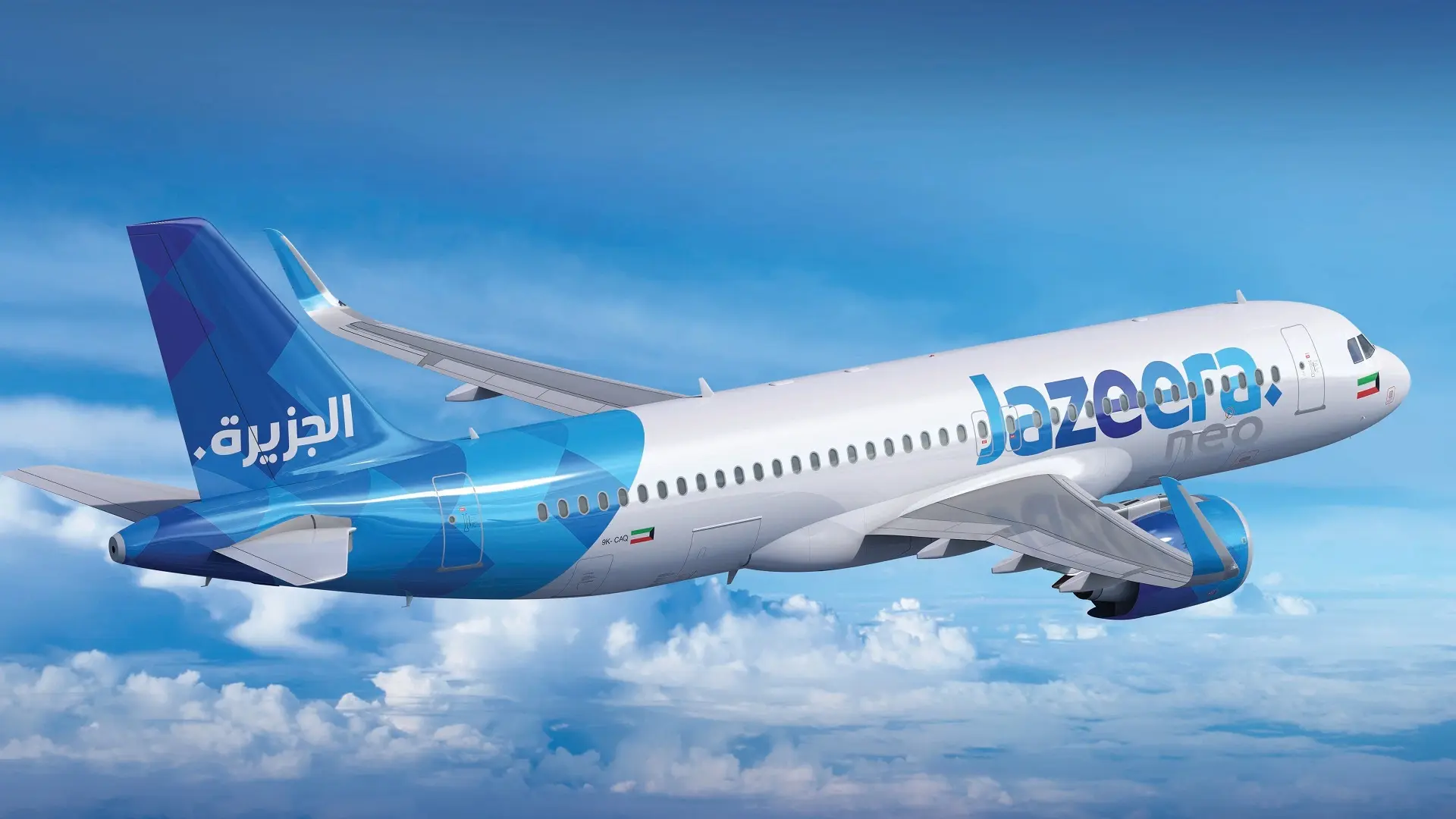
Ariana Afghan Airlines
This operator flies out of Kabul to local destinations on short-haul. There is no alcohol to purchase in Afghanistan and none is permitted on this airline when it flies.
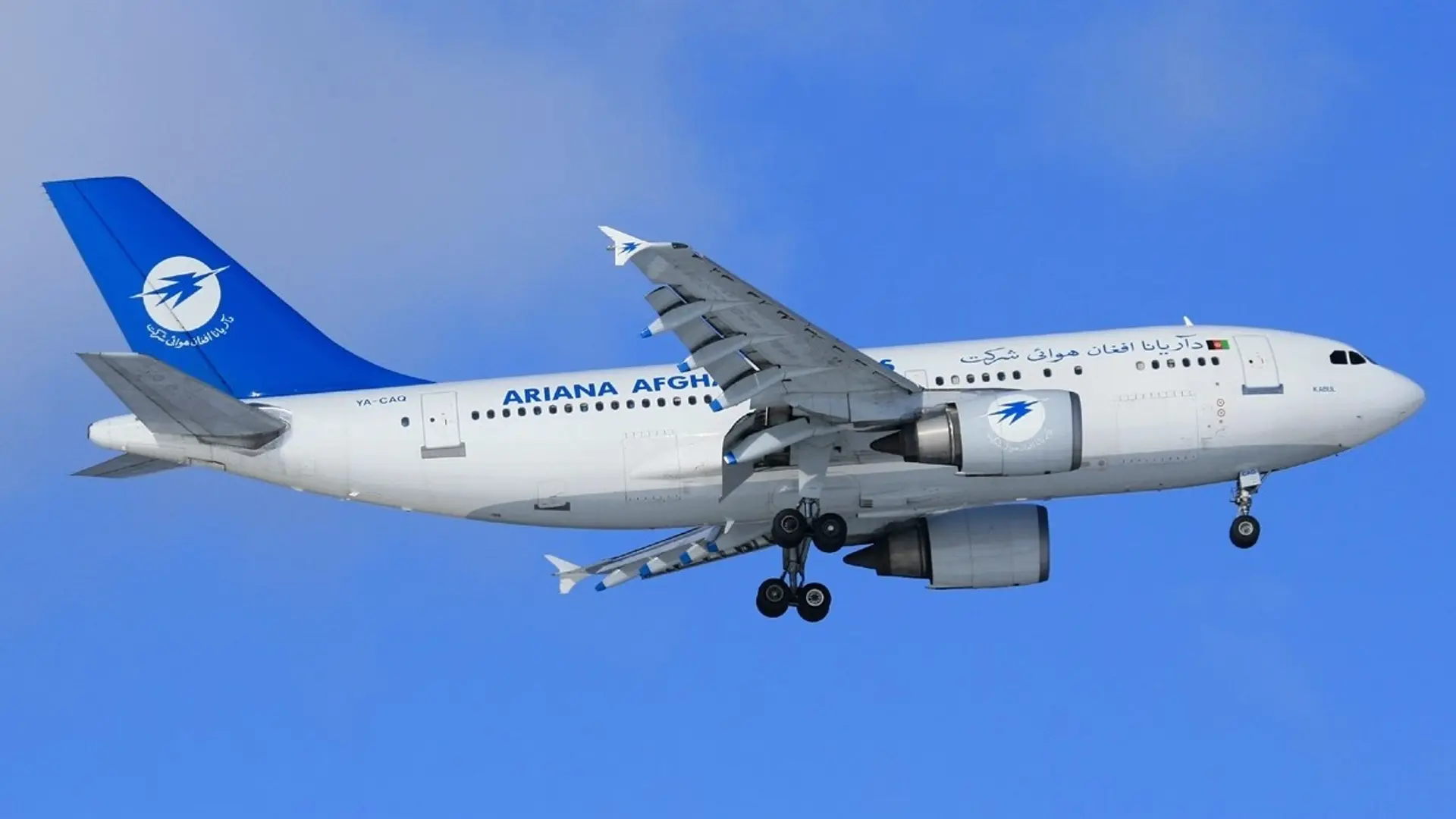
Iraqi Airways
This airline does not serve alcohol but Baghdad Airport has recently opened a duty-free shop selling alcohol. Passengers are able to take purchases on board but not open the bottles.
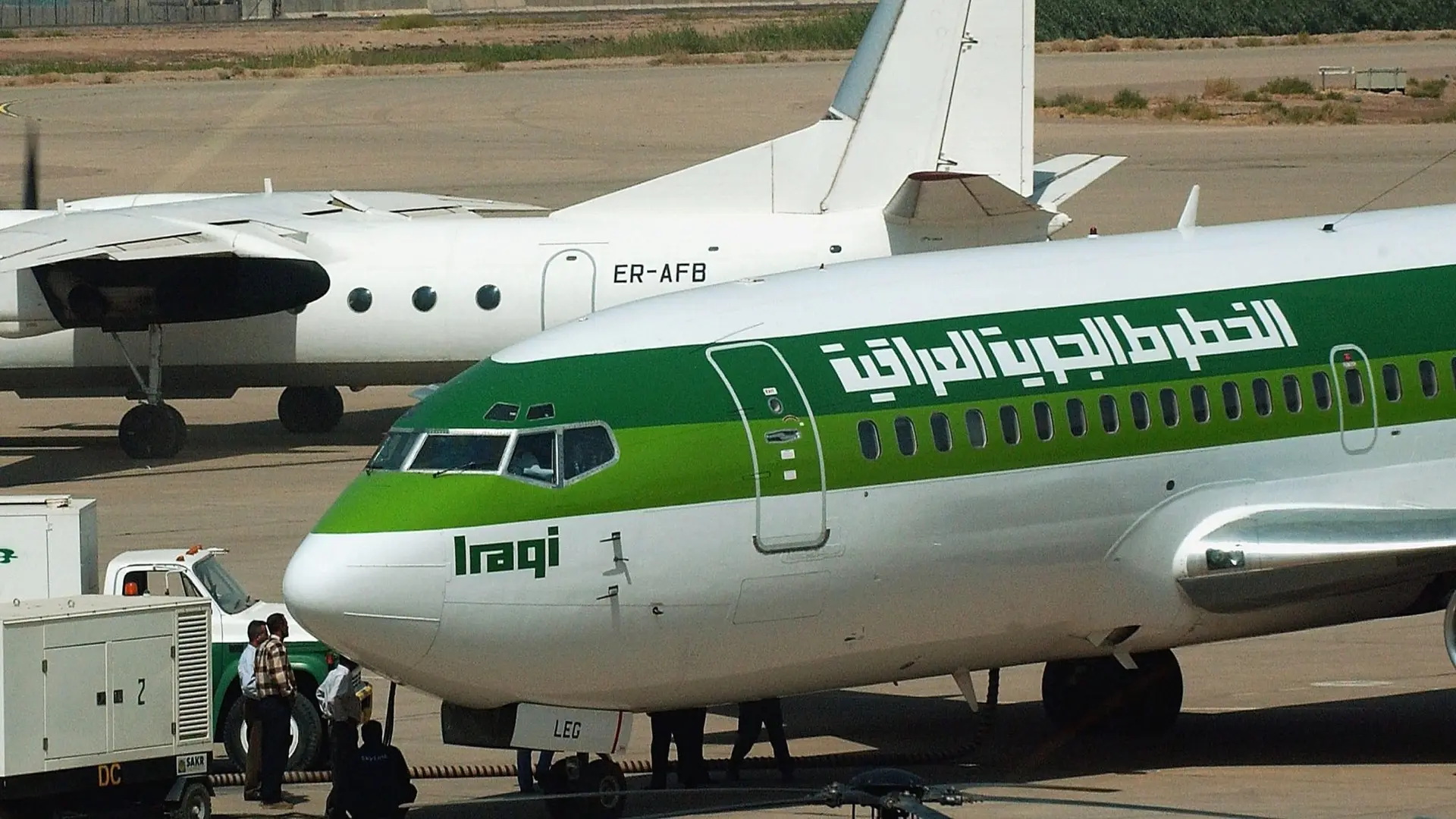
Iran Aseman Airways
Banned from flying in Europe for safety reasons, Aseman serves no alcohol in line with Iran’s traditional culture.
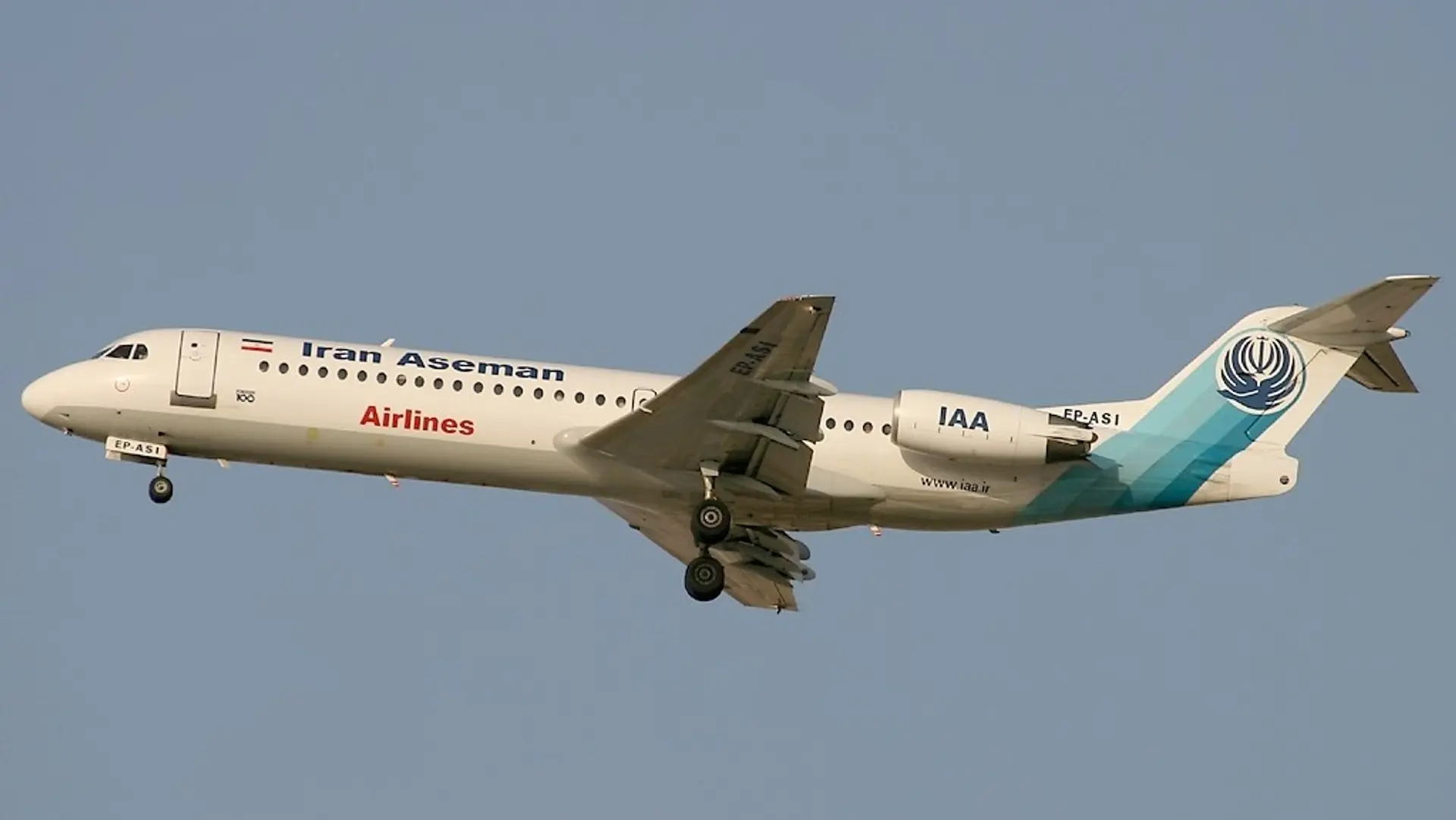
There are a few other ‘dry’ budget airlines based in the Middle East that do not offer Business Class seating, these include Air Blue from Pakistan.
Some airlines like Tunis Air and Air Algerie do serve alcohol, but hold off during Ramadan.
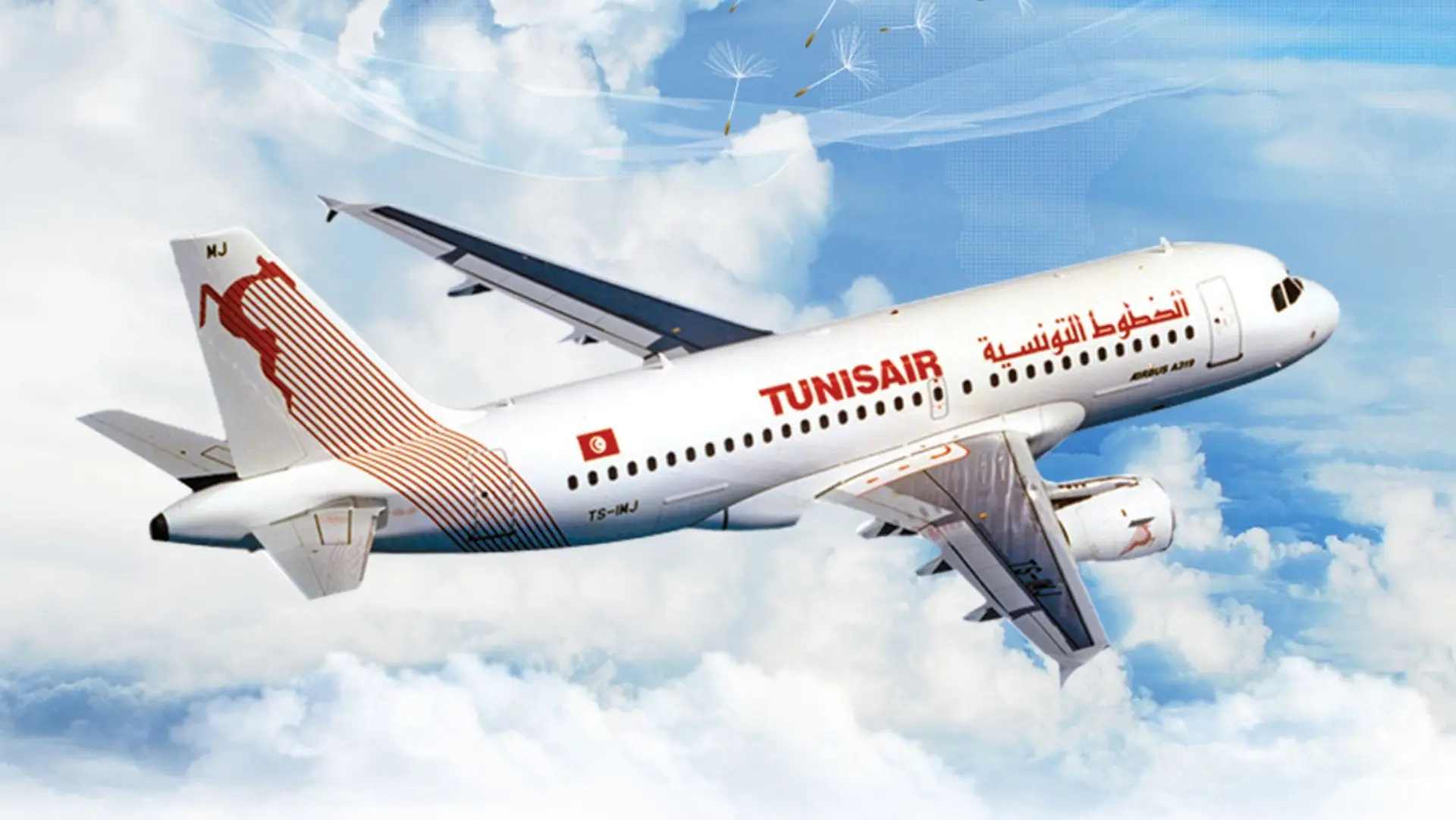
3 Reasons Why You Might Consider Flying ‘Dry’
Firstly, there is price. A few reasonably good Business and First Class ‘dry’ airlines are available at prices usually lower than the in-flight drinks serving competition. For example, a Business Class flight from London to Kuwait with British Airways, who fly with alcohol, can be up to 30% more expensive than Kuwait Airways who only serve non-alcoholic refreshments.
Secondly, travellers might consider Saudi Arabian Airlines commentary that states ‘alcohol is especially harmful to proper hydration’ and ergo, the airline argues, not great for your well-being in the air. Put simply, they are pointing out that at altitude blood alcohol content is higher with less oxygen available to one’s brain.
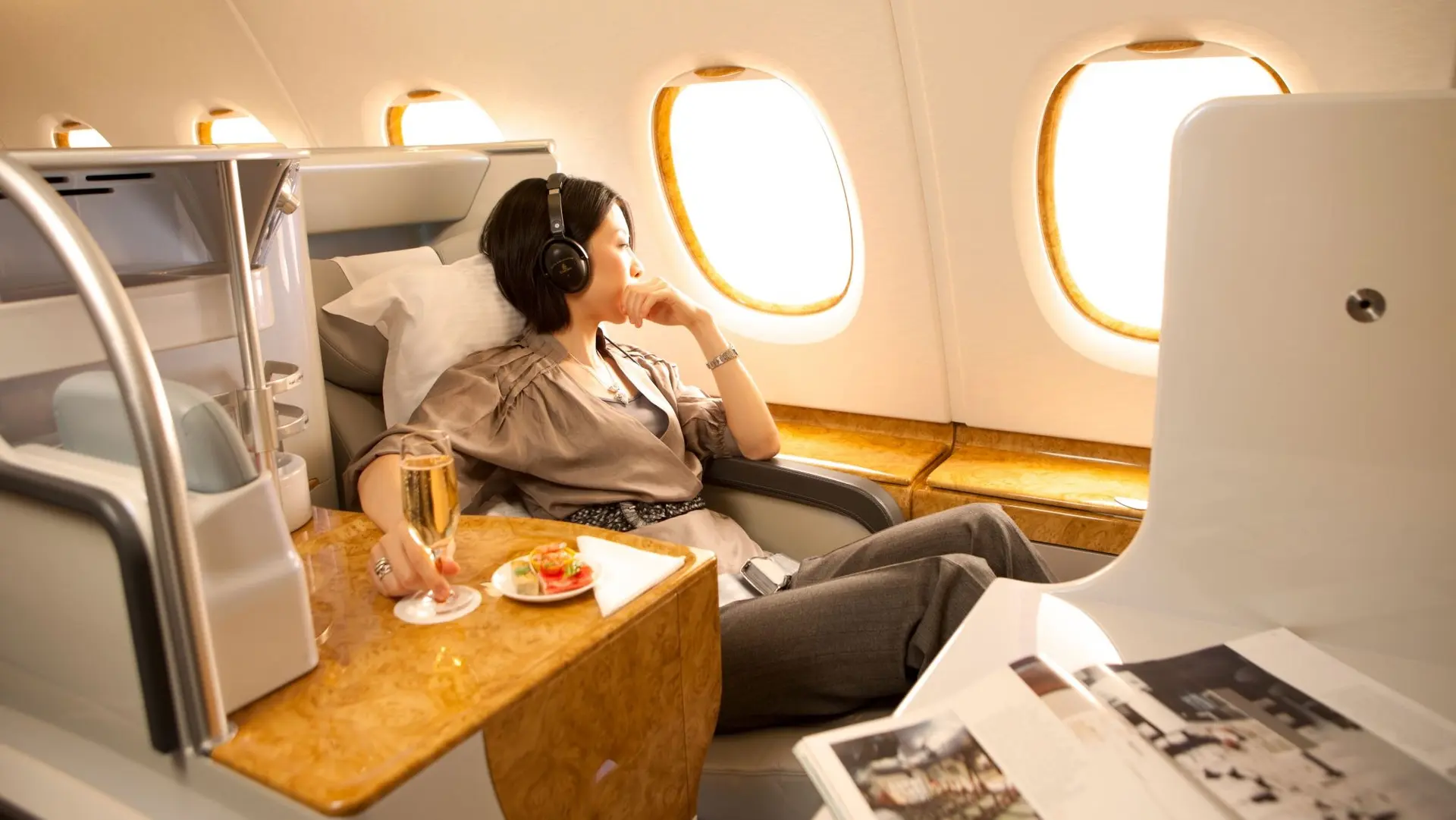
At 30,000 feet the body attempts to acclimatise to lower oxygen levels and alcohol does not help the process. Passengers may experience in all but the most modern planes, headaches and a sense of drunkenness having consumed much less than they would at ground level. However, new aircraft types such as Boeing’s Dreamliner has increased the amount of oxygen under pressure in the cabin, which must, to some extent, negate this effect. Saudia currently own eighteen of these aircraft in various configurations.
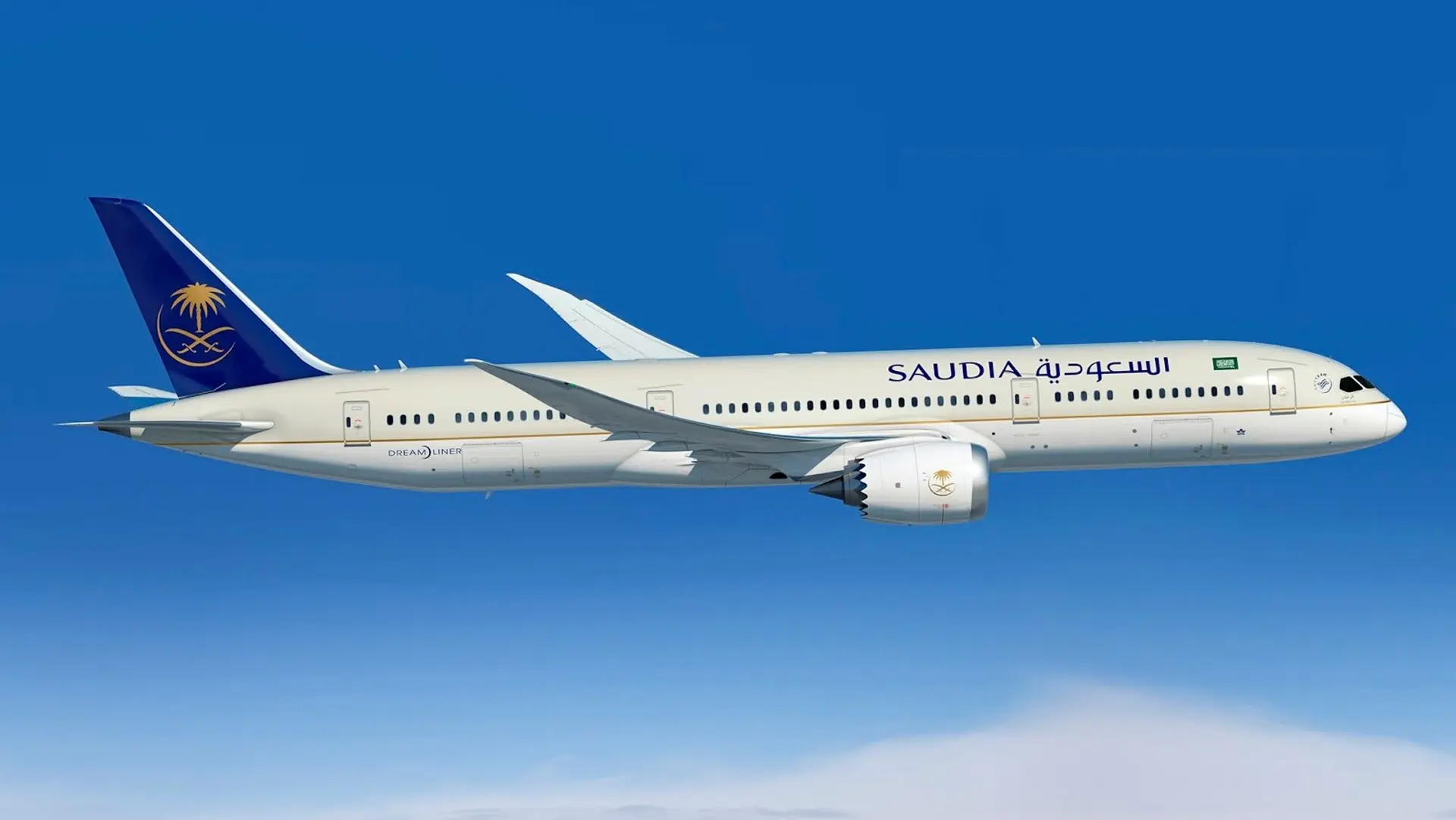
Savvy drinkers looking for the best Business Class seats at lower cost will be pleased to know that on some ‘dry’ carriers permission is given to bring your own bottle on board, but surprisingly, you may not serve yourself.
This rule actually applies to all airlines and is a recommendation from the ICAO ( The International Civil Aviation Organization) and adopted by the FAA (Federal Aviation Authority) who control in-flight regulation in the States and is designed to ensure that behaviour in the cabin does not get out of control. Cabin staff are all trained on alcohol awareness courses that spot the warning signs of passenger over-indulgence.
Some airlines such as Turkish Airlines, Air India, Thai, and Oman Air do not offer alcohol on short haul and domestic flights. The reasons are mixed, certainly for some it will be because of the culture of the majority of passengers, particularly those airlines based in the Middle East.
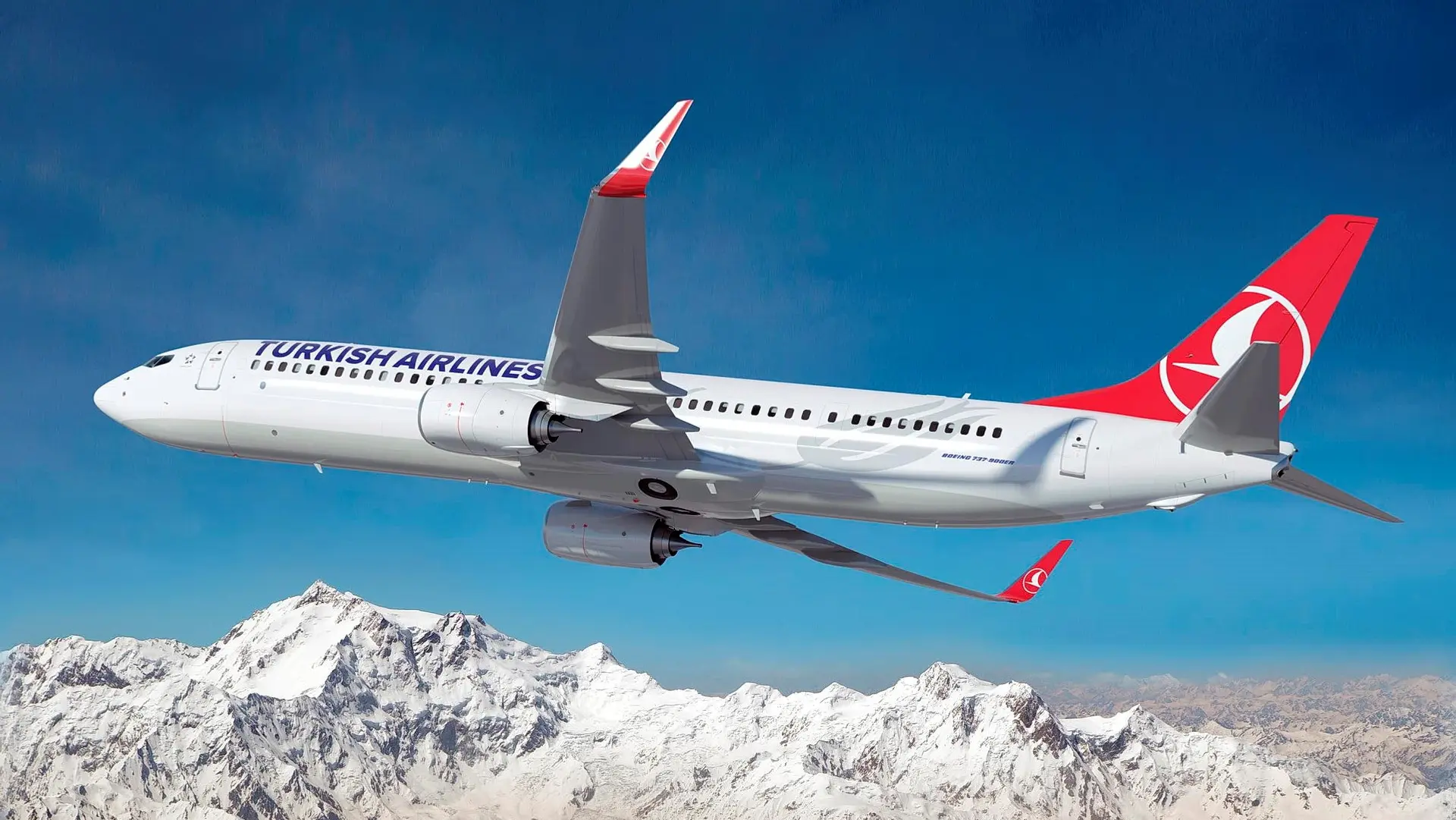
Southwest and American Airlines in the U.S. also choose not to serve alcohol in Coach on short-haul, a decision that is probably driven by reasons of economy. A further motive for these airlines to reduce alcohol service came about as an initiative aimed at reducing the spread of COVID-19. The theory being that eliminating the drinks trolley limits interaction between passengers and cabin crew.
Other notable alcohol-free airlines include:
Pegasus (Turkish, low-cost), Malindo (Malaysia), Syrian Air, Yemenia, Libyan Airlines, Sudan Airways, Turkmenistan, Air Koryu (North Korea), TAAG Angola and Myanmar (Burma)
Which Gulf & African airlines do serve alcohol?
Emirates, Qatar, Etihad, Ethiopian, SAA, Kenya Airways, Royal Air Maroc
Airlines That Serve Alcohol, with Exceptions on Specific Flights:
Air Mauritius is dry on internal but not on international flights – same with Turkish Airlines, Air India, Thai Airways, Oman Air
Which “dry” airlines let you “bring your own” alcohol?
Royal Brunei, Egyptair
This article is extracted from BusinessClass.com
The post “Dry Airlines – 14 Carriers That Don’t Serve Alcohol” by Sam Chui was published on 02/07/2024 by samchui.com






